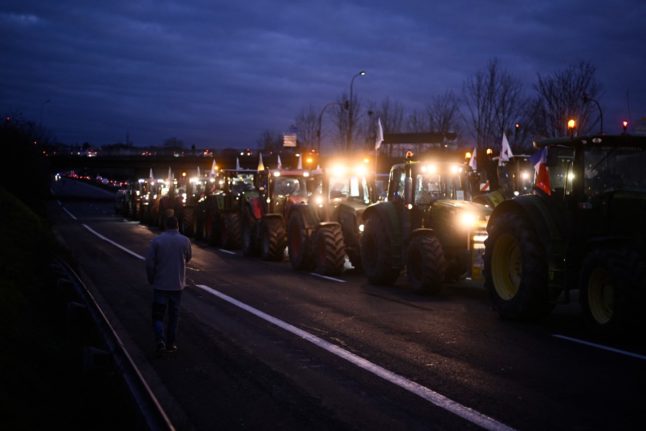German gross domestic product (GDP) expanded by 0.4 percent in the period from April to June, up from 0.3 percent in the first quarter, the federal statistics office Destatis said in a flash estimate.
Analysts had been projecting marginally stronger growth of 0.5 percent for the second quarter.
“The German economy continued along its positive growth path,” the statisticians said.
“Positive impulses came primarily from foreign trade. Exports grew a lot faster than imports thanks to the weak euro, with goods exports in particular growing strongly.”
But consumer spending and government spending also increased.
Weak investment, on the other hand, weighed on growth, Destatis added.
On a 12-month basis, GDP growth stood at 1.6 percent in the second quarter compared with 1.2 percent in the first quarter, it said.
Germany's performance compared favourably to European partner France, which saw growth stagnating in the second quarter.



 Please whitelist us to continue reading.
Please whitelist us to continue reading.
Member comments